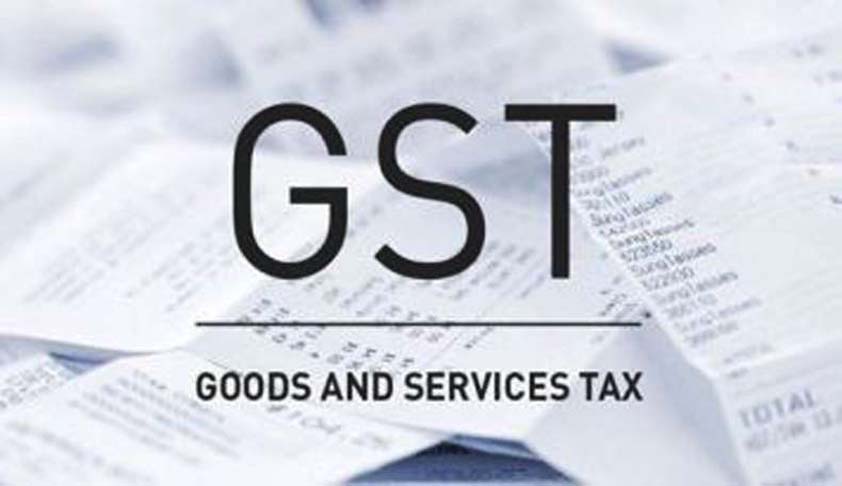- Home
- /
- Cover Story
- /
- Rajya Sabha passes Goods and...
Rajya Sabha passes Goods and Services Tax (GST) Bill
Ashok KM
3 Aug 2016 10:30 PM IST
In a significant development, the Rajya Sabha passed the Constitution (122nd Amendment) (GST) Bill, 2014 today evening unanimously. It is being reported that the Bill got 203 Ayes against NIL Noes. The Lok Sabha had already passed the Bill in May, 2015.GST is a single tax on the supply of goods and services, right from the manufacturer to the consumer. Credits of input taxes paid at each...
Next Story



